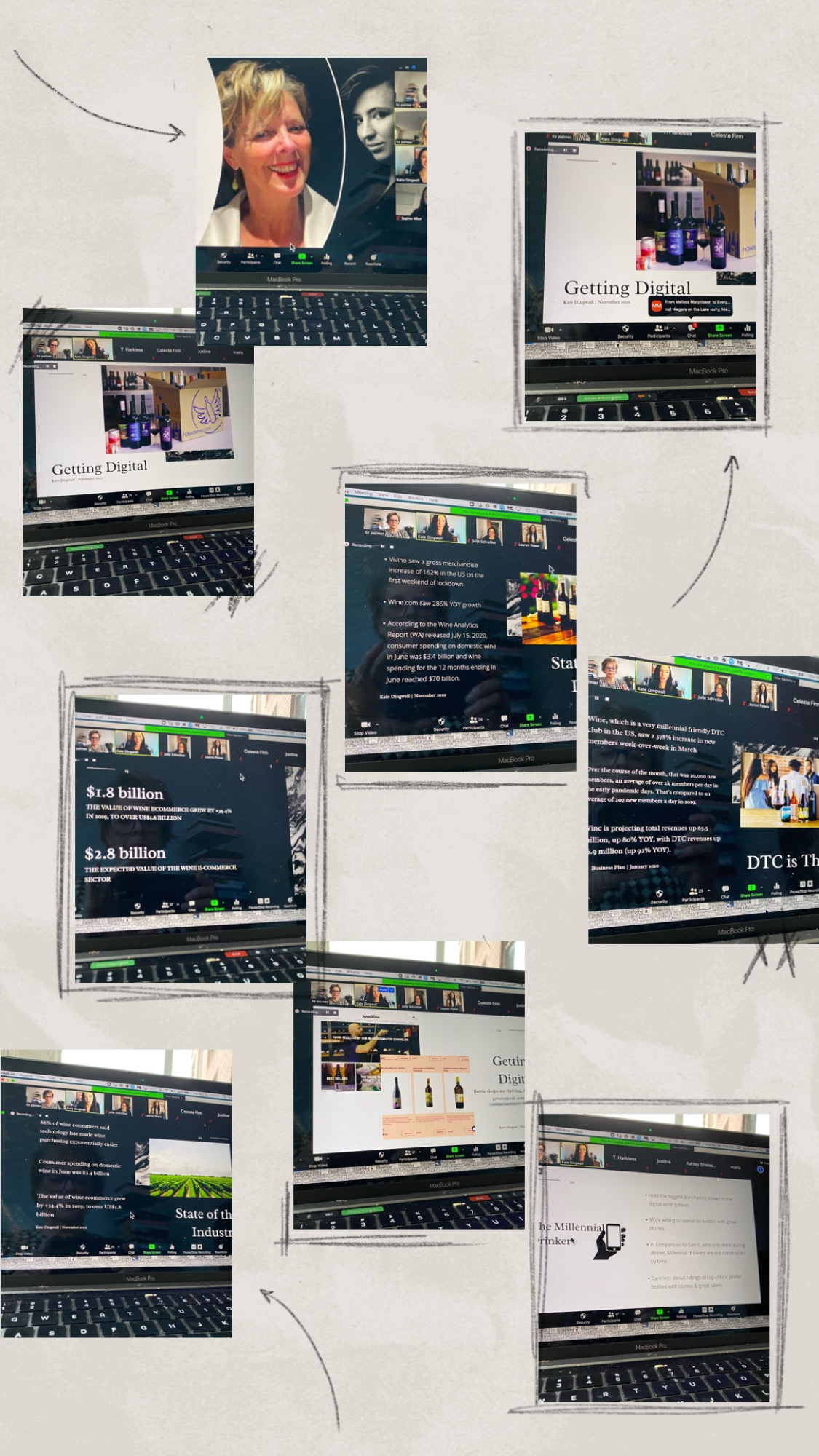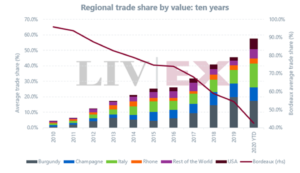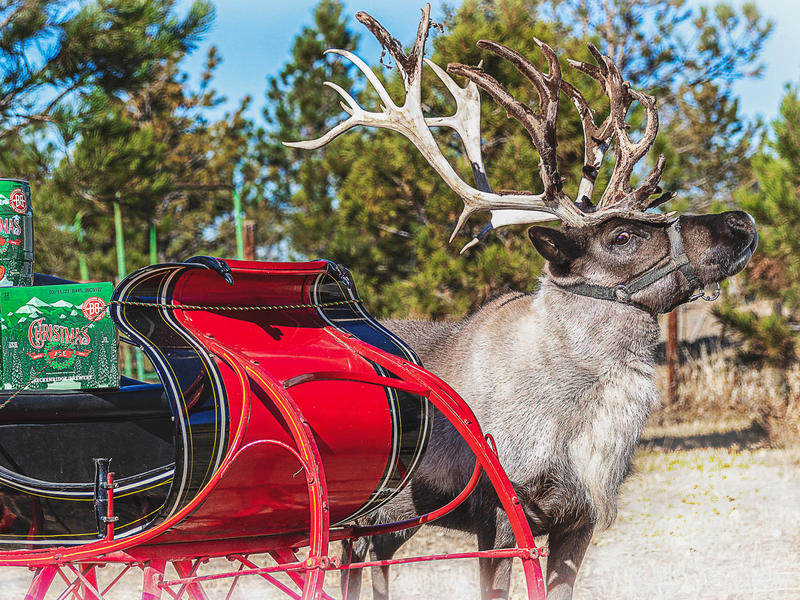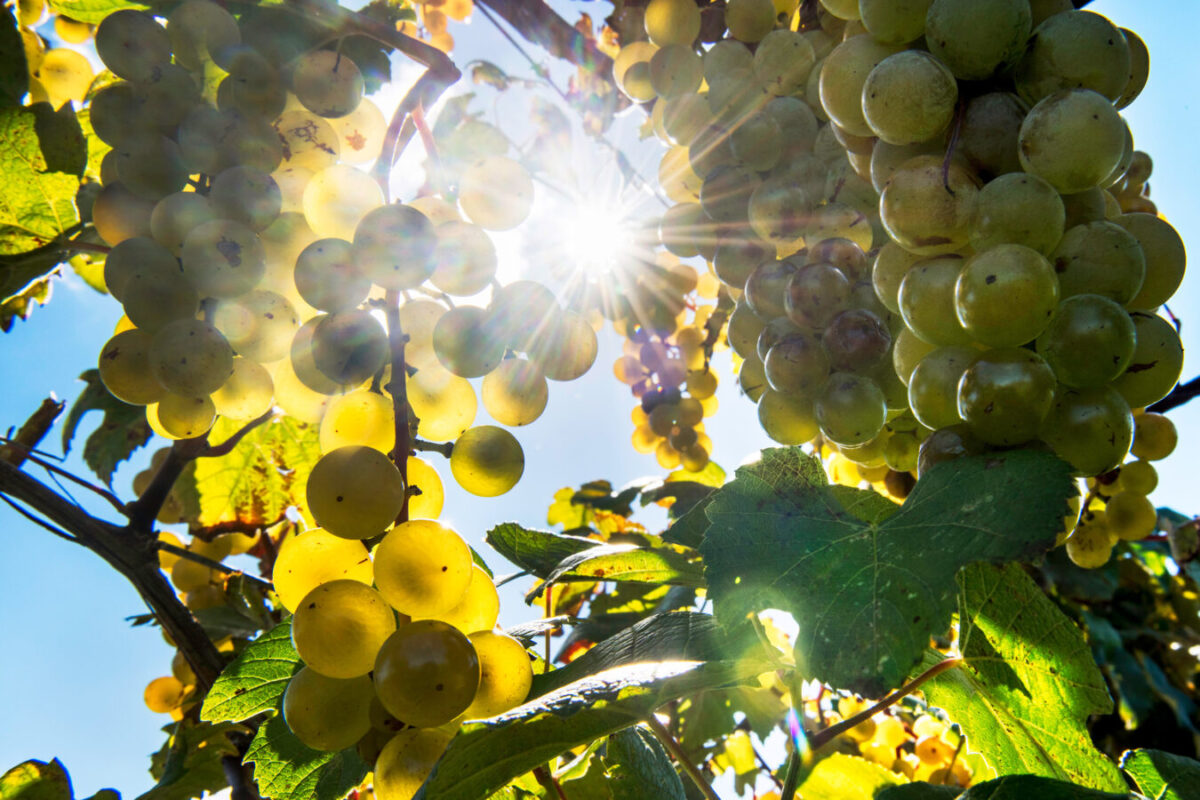On November 26th we had the pleasure of listening to Kate Dingwall, Wine Writer, Sommelier speak on a trending topic “How Technology is Evolving and Disrupting the Wine World”.
This was another sold-out event for “Women in Wine Talks” bringing over one hundred global wine lovers, marketers, agents, sommeliers, journalists and other wine trade together.
Kate highlighted and did a deep dive into how the digital world is changing the industry, from investing to e-commerce, to virtual tastings, and speak to the downsides and upsides of technology infiltrating the wine world. Her highlights included:
- Massive increase in online ordering
- Change in distribution channels
- Deployment of DTC
Kate Dingwall
Kate is a wine and spirits writer and a WSET-trained sommelier, a regular contributor at Forbes, and her work is frequently featured in various trade and lifestyle publications. Kate is also the former editor of FLARE Magazine.
Outside of writing, she completed her Masters of Brand Management with a focus on the “fine wine industry” and has acted as a marketing consultant for a number of spirits and hospitality brands in New York.
We will be posting the Webinar sometime next week.






